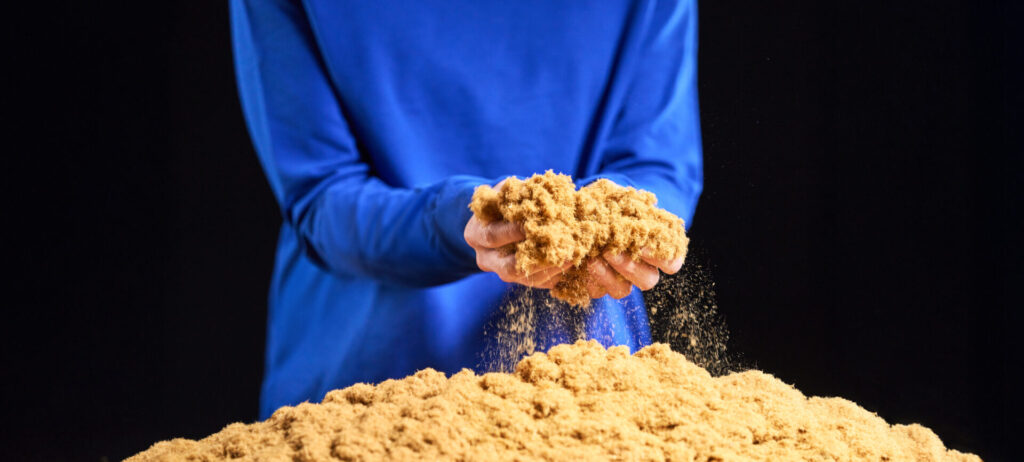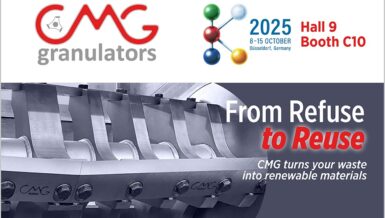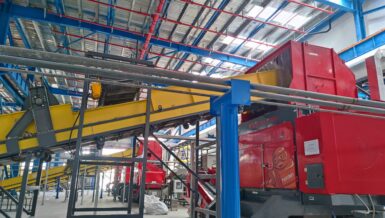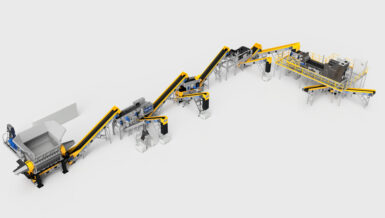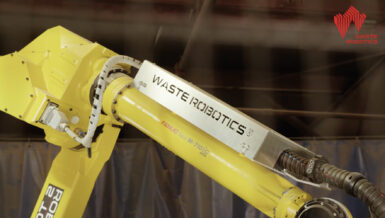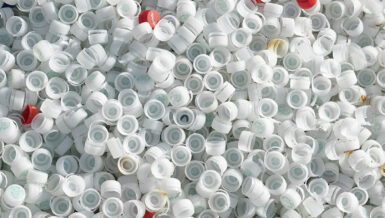DIEFFENBACHER’s new Fiber2Fiber fiberboard recycling process is capable of handling this diverse mix, thanks to its advanced cleaning and sorting technologies. Through the development of Fiber2Fiber, DIEFFENBACHER has achieved what was once considered impossible: making fiberboards recyclable on an industrial scale. This innovation not only supports the circular economy but also sets new standards for sustainable production in the industry.
The core of the Fiber2Fiber process is the use of steam process to recover fibers from waste fiberboards. In the FiberXtractor, the fiberboard waste is processed in a closed autoclave using steam at high pressure. When the pressure is rapidly released, the steam causes the fiberboard structure to burst apart, separating the fibers without damaging their original shape. This method has now been successfully scaled up for industrial applications. The pilot plant “Osiris 1.0,” operational since 2022 at Unilin’s facility in Bazeilles, France, has validated the process, demonstrating the ability to recover over one ton of fibers per hour. These fibers are immediately reintegrated into the production of new fiberboards, proving the economic and technical viability of the approach.
One of the most significant advantages of the Fiber2Fiber process is its ability to handle both internal production waste and post-consumer material – an unique development by DIEFFENBACHER. The latter presents particular challenges due to contaminants such as sand, glass, and coatings that must be removed prior to reintroducing the fibers into the production process. DIEFFENBACHER has addressed this with advanced sorting and cleaning technologies, ensuring that only pure fiber fractions are processed. The unique DIEFFENBACHER sifter technology is used to generate clean fiberboard fractions, which are then reprocessed in the Fiber2Fiber system. The entire process is designed to be integrated into existing production lines, offering flexibility and scalability to meet the needs of different manufacturers.
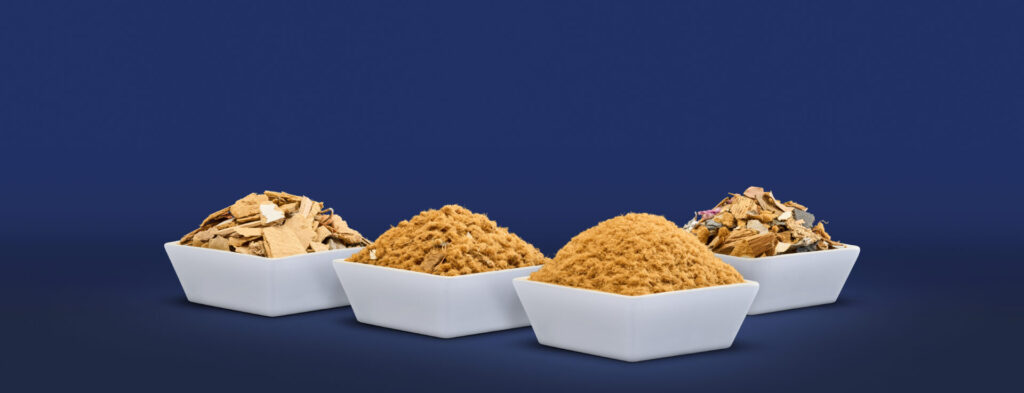
The Fiber2Fiber process stands out for several reasons. First, it recycles high-quality fibers that are indistinguishable from those derived from virgin wood. Second, it effectively removes contaminants and coatings, making the recycled fibers suitable for a wide range of applications. Third, the process is robust and tolerant of impurities, ensuring consistent output even with variable input materials. Additionally, the process reduces energy consumption in the drying stage due to the lower moisture content of the recovered fibers, and it does not require additional water treatment. These features make Fiber2Fiber not only an environmentally responsible choice but also an economically attractive one, as it reduces both production and operating costs. Moreover, the DIEFFENBACHER process preserves the original fiber structure, offering yet another significant advantage within the recycling process.
The latest milestone in the Fiber2Fiber journey is the installation of Unilin’s “Osiris 2.0” plant in Bazeilles, the first complete industrial-scale facility for recycling fiberboard, including post-consumer material. This new plant expands Unilin’s fiberboard recycling capacity by an additional ten tons per hour. DIEFFENBACHER is currently the only supplier capable of providing such large-scale capacity, with systems that can process not only production waste and residues from Unilin’s own MDF and HDF production but also fiberboard material from post-consumer sources.
Building on DIEFFENBACHER’s proven process know-how from recycling to the final product, the Fiber2Fiber process will make a significant contribution to the development of a closed-loop circular economy. The need for sustainable solutions is clear, and consumer demand for environmentally friendly products is growing. As manufacturers recognize the cost savings and environmental benefits of fiberboard recycling, adoption of the Fiber2Fiber process is expected to increase. While DIEFFENBACHER’s initial focus is on the European market, there is already interest from Asia and South America, indicating the global relevance of this innovation.


